Shadow of Jeffrey Epstein Continues to Haunt the U.S. Justice System
FBI Chief Calls for Attorney General’s Resignation Over Epstein Case Document Suppression.
July 10, 2025 – Exclusive Analysis: FBI Chief Calls for Attorney General’s Resignation Over Epstein Case Document Suppression
The long shadow of Jeffrey Epstein continues to haunt the U.S. justice system—this time, reaching into the very top of the FBI and the Department of Justice. In a dramatic escalation, FBI Director Kesh Patel has reportedly demanded the resignation of Attorney General Pam Bondi over her refusal to release additional classified documents tied to the Epstein case, according to The Daily Wire, citing anonymous insiders within the Bureau.
Patel is said to be so frustrated with what he sees as deliberate stonewalling that he is considering stepping down himself, especially after his deputy, Dan Bongino, issued an ultimatum last week: he would no longer work under Bondi’s leadership. After a heated private confrontation between Bondi and Bongino on July 9, the deputy FBI chief abruptly took leave—adding further fuel to speculation of internal chaos at the DOJ.
🔎 Behind the Fallout: What’s Really at Stake
At the heart of the confrontation is a growing rift between federal investigators and the Justice Department over transparency. While the DOJ recently reaffirmed that there is “no credible evidence” to support claims that Epstein blackmailed influential figures or maintained a secret client list, the FBI appears unconvinced and is pushing for the release of materials that remain under lock and key.
CNN confirmed that FBI teams had filed repeated requests for greater access to classified materials, particularly communications and surveillance evidence tied to Epstein’s global network. But the DOJ, led by Bondi, has repeatedly denied these requests, citing national security and privacy concerns.
🗣️ Carlson, Musk, and Growing Public Pressure
The controversy has reignited public distrust, particularly among conservative circles. Tucker Carlson, speaking at a Turning Point USA event in Florida, accused both the current and former administrations of deliberately hiding Epstein-related information.
“What Americans hate most is the government telling us to shut up and move on,” Carlson said. “We know Epstein was a predator. What we don’t know is: who enabled him, who protected him, and who benefited?”
Carlson also floated a controversial but increasingly whispered theory: that Epstein may have been working not for American intelligence, but on behalf of a foreign service—potentially Mossad, Israel’s national intelligence agency. He emphasized that while this theory lacks official confirmation, “everyone in Washington thinks so, even if they won’t say it aloud.”
Even Elon Musk weighed in, questioning the credibility of President Trump’s promise to declassify the Epstein files. Despite repeated campaign pledges to ensure “maximum transparency,” no significant new documents have been released.
📂 The Epstein Timeline: A Legal and Political Time Bomb
- July 6, 2019: Epstein is arrested in New York on federal sex trafficking charges involving underage girls.
- August 10, 2019: He is found dead in his Manhattan jail cell. The death is ruled a suicide—an explanation that remains widely disputed.
- 2020–2024: The Epstein case becomes a flashpoint in both political and legal circles, as rumors swirl about a “client list” including powerful business, political, and media figures.
- 2025: DOJ announces no evidence of blackmail or client list; FBI pushes back internally, leading to today’s dramatic standoff.In mid-2024, the U.S. Justice Department and FBI jointly concluded that there was no verifiable evidence of an Epstein “client list” or corroboration of claims that he was murdered while in custody. However, White House Press Secretary Caroline Leavitt later acknowledged that references to such a list previously made by DOJ officials were misleading, further deepening confusion and mistrust among the American public.Trump, during his re-election campaign, repeatedly pledged to declassify all remaining files connected to Epstein, vowing to bring “closure” to the case. So far, those promises have not materialized to the satisfaction of many observers.
🧩 Analysis: Why This Matters
The Bondi–Patel standoff is more than just bureaucratic infighting. It reflects a deeper institutional crisis—a tug-of-war between national security secrecy and democratic transparency. Epstein’s death may have ended criminal proceedings, but the fight over what he knew, who he worked with, and how far his protection extended is far from over.
Sources close to the Bureau say there’s growing frustration that Epstein’s connections to high-ranking officials—spanning multiple countries, including former U.S. presidents, royal family members, and global tycoons—have yet to face serious scrutiny.
If Patel resigns, it would mark a seismic moment: the first FBI director in modern history to step down in protest over a transparency dispute with the Justice Department.
Implications: A Crisis of Trust and Leadership
This latest development involving the FBI leadership underscores the deepening institutional strain over how the Epstein case has been handled—or mishandled—by successive administrations and federal agencies.
With Patel and Bondino both expressing dissatisfaction over the lack of transparency, and with public figures like Carlson continuing to raise uncomfortable questions, the pressure on the Justice Department to act is mounting.
Legal analysts warn that unless the department releases more information soon, the credibility of the FBI and the broader justice system could suffer long-term damage. But it now difficult to the DOJ to turn around and walk back from earlier statement of “no evidence.”
🧨 Final Thought: What Are They Still Hiding?
The Epstein file—part scandal, part intelligence mystery, part political time bomb—continues to unravel. As the FBI and DOJ square off behind closed doors, the American public is left in the dark. And in that darkness, suspicion only grows.
The real question isn’t whether Epstein acted alone. It’s who enabled him—and why so many in power still want the rest of the story buried.
Stay tuned for our upcoming deep dive: “Client List or Cover-Up? Tracking the Political Fallout of the Epstein Files.”
Thanks for reading SR! Subscribe for free to receive new posts.
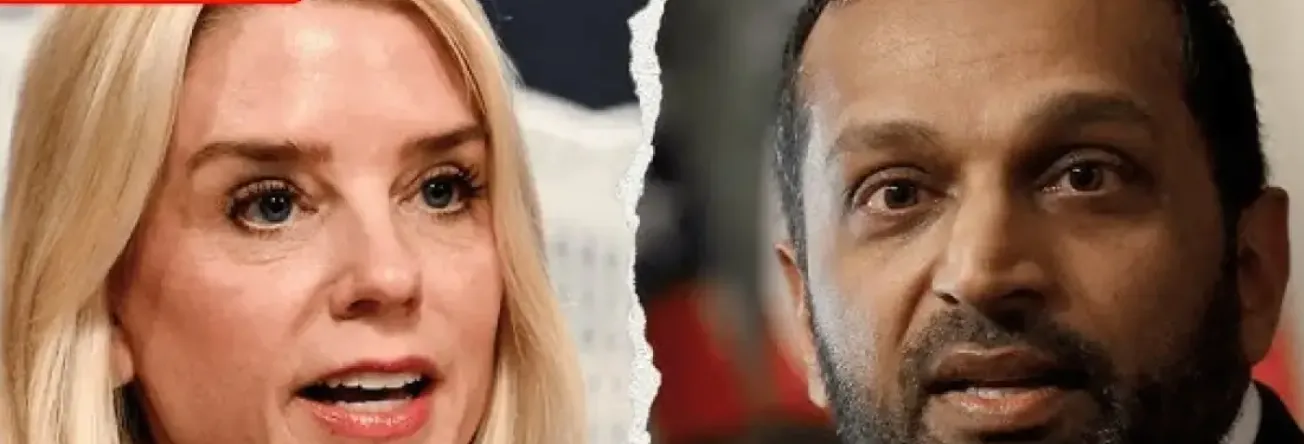



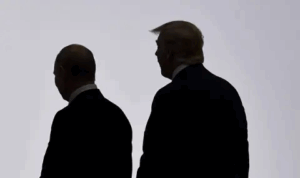


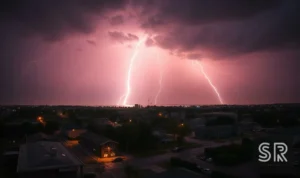
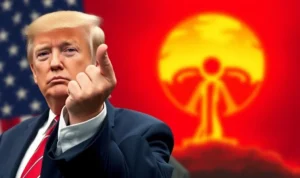


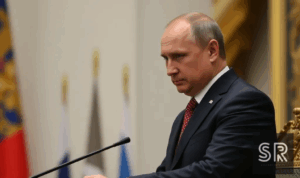
Post Comment